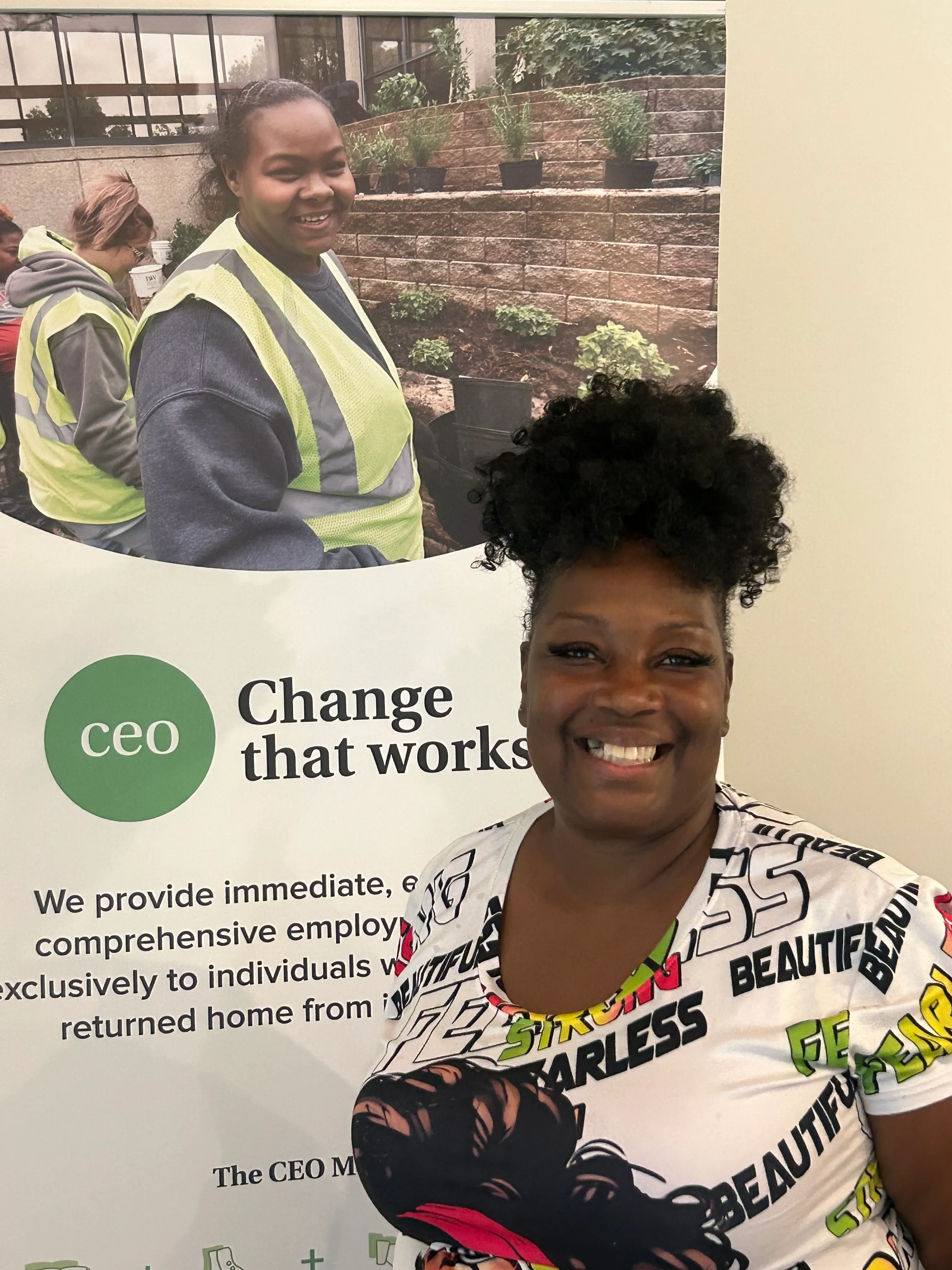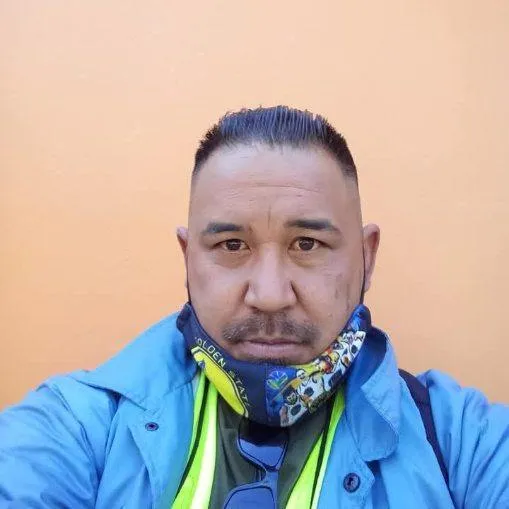Julia was a registered nurse for over 20 years before serving a five-year sentence in a Georgia state prison. When she came home to Atlanta last year, she expected challenges — but not to be locked out of the working world entirely.
“Things have sucked since I was released,” Julia says bluntly. “I’m forced to live somewhere I don’t want to because I can’t find a job and get my own apartment. There’s no privacy and I’m not happy here.”
Julia, 52, spent two decades working with geriatric and disabled patients. Her calling to healthcare started early. She grew up in Detroit with her mother and two sisters, often living in abandoned buildings or cars to survive. Her mother, despite facing deep hardship, raised them with one unwavering rule: get an education.
“My mom didn’t have any advantages and struggled a lot in life,” Julia recalls. “But she made sure all three of us went to college—and we did.”
Julia was drawn to nursing after witnessing a drive-by shooting as a child. “People were dying right in front of me. I knew I wanted to help save lives.”
She earned her degree, became a registered nurse, and built a meaningful career. But after her incarceration, all of that was wiped away in the eyes of employers. Despite her skilled experience in healthcare, Julia quickly found that her criminal record overshadowed her resume. Every application ended in silence or rejection.
“I feel like no matter what I do or how I act or what I say, no company wants to hire a formerly incarcerated person,” Julia says. “Justice-impacted people are in real trouble finding work in this country.”
Five months ago, a friend told her about the Center for Employment Opportunities (CEO) in Atlanta, which helps people like Julia get back to work through transitional job placements. She applied, was accepted, and now works on a crew doing litter abatement and beautifying roads and parks.
“It’s not what I want to be doing, but it helps me get by,” Julia says. “At least I’m working. At least I’m earning something.”
CEO helps with the cost of transportation, gives her new clothes, and assigns Julia a job coach to assist with building a new resume and performing mock job interviews, but she says that it’s hard to explain having a large gap in her resume to employers.
Since joining the organization, CEO has paid for Julia to get certifications in forklift operation, OSHA compliance, and food safety. Still, long-term employment remains out of reach. The few companies willing to look past her record often offer wages far below what it takes to survive — especially for someone carrying court-imposed debt.
“The only company that is offering me a job is McDonald’s,” Julia says. “But how can I earn a living wage from a fast food restaurant, especially with extra bills like restitution, fines, and probation fees?”
Julia is now researching trucking school, hoping the transportation industry will offer the opportunity and independence she’s looking for.
“If someone is an equal opportunity employer,” she says, “then they shouldn’t even ask if you have a criminal history. It should never be brought up.”
Julia’s story is one of perseverance in the face of systemic barriers. While she’s thankful for CEO’s support and the chance to work each day, she knows it’s not a permanent solution.
She also believes reentry needs a complete overhaul—from better mental health support to more social services and guards who treat people with dignity behind bars. “We need more than just a bus ticket and a pat on the back,” says Julia.
And while her story is still unfolding, Julia hasn’t lost her fight.
“I don’t want pity,” she says. “I want a fair shot, but reentry in America is far harder than most people imagine."
Stay connected—sign up for our newsletter to learn how CEO supports justice-impacted individuals through career building, advocacy, and policy change. Check out more stories on our blog or donate to support economic mobility.




